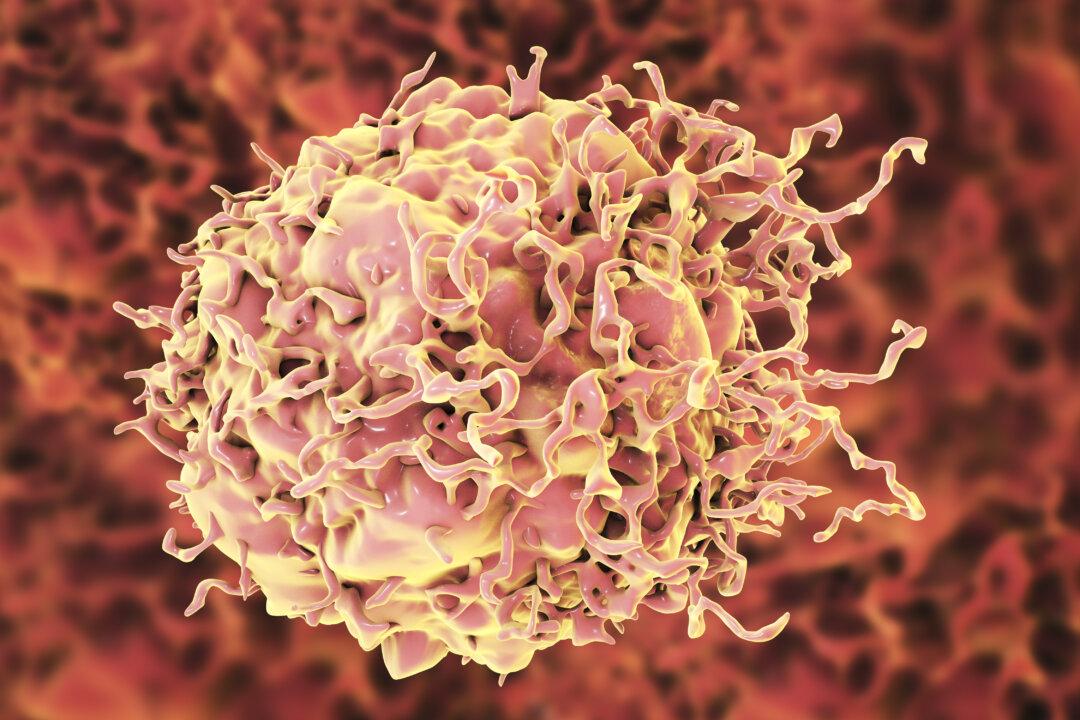There are multiple risk factors for developing colon cancer. So what causes it? Over half of colorectal cancer cases are related to lifestyle factors, such as age, smoking, diet, and alcohol use.

Kateryna Kon/Shutterstock
|Updated:

There are multiple risk factors for developing colon cancer. So what causes it? Over half of colorectal cancer cases are related to lifestyle factors, such as age, smoking, diet, and alcohol use.